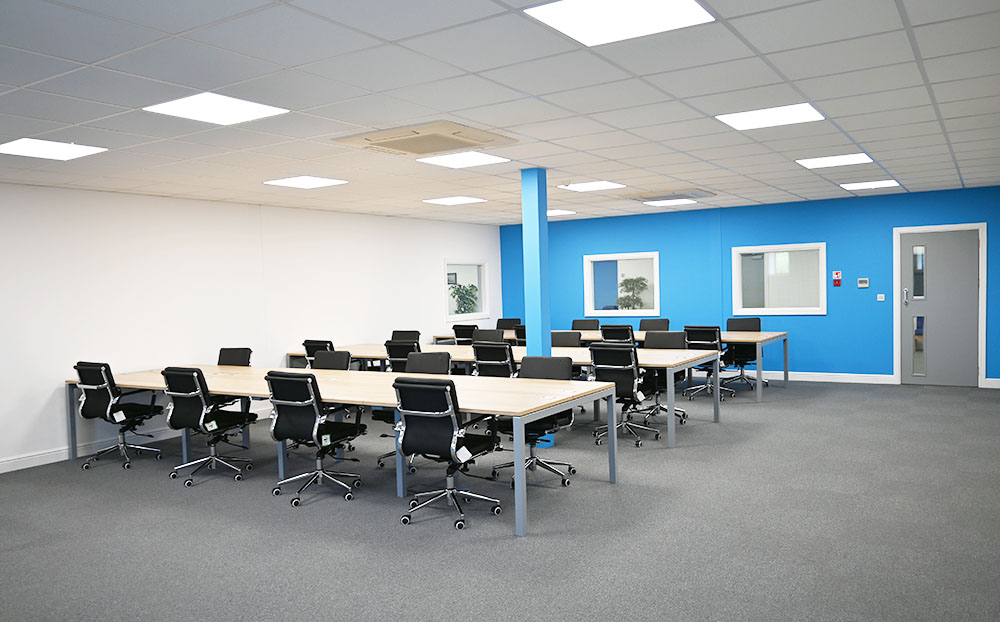As organisations worldwide navigate the complexities of the post-COVID era, the workplace is undergoing a profound transformation. While there is a resurgence in workplace recovery initiatives, fuelled by a renewed emphasis on employee well-being and flexibility, some companies are downsizing due to the widespread adoption of remote and hybrid work models. Simultaneously, there is a heightened recognition of the importance of a cohesive team presence, particularly in emergency scenarios.
The Impact of Remote Work and Downsizing:
- Downsizing in the Wake of Remote Work:
- The widespread success of remote work during the pandemic has led some organisations to reevaluate their physical office spaces. In a bid to cut costs and adapt to evolving work preferences, companies are downsizing office footprints, embracing fully remote models, or adopting hybrid work arrangements.
- Shifts in Company Culture:
- The shift to remote and hybrid work has necessitated a reevaluation of company culture. Organisations are exploring innovative ways to foster a sense of belonging and collaboration among team members who may be physically dispersed.
- Challenges of Downsizing:
- While downsizing may bring financial benefits, it also poses challenges such as maintaining team cohesion, preserving corporate culture, and ensuring effective communication in virtual environments.
The Role of Physical Presence in Emergency Scenarios:
- Emergency Preparedness and Unity:
- One of the lessons learned from the pandemic is the importance of team unity in emergency scenarios. While remote work has proven its viability, certain situations may require a collective, on-site response. Organisations are recognising the need to strike a balance between remote flexibility and the importance of having a team physically present when urgent situations arise.
- Hybrid Models for Emergency Response:
- Some companies are adopting hybrid models that combine remote flexibility with periodic in-person gatherings to enhance team cohesion. This approach ensures that teams are well-prepared to respond effectively to emergencies, leveraging the benefits of both remote and in-person collaboration.
Conclusion:
The post-COVID workplace landscape is complex, with organisations simultaneously embracing remote work, downsizing physical office spaces, and recognising the importance of a united team presence in emergency scenarios. Striking the right balance between flexibility and cohesion is key to navigating these challenges successfully. As workplace recovery initiatives evolve, companies must remain agile, adapting their strategies to the dynamic needs of the workforce and the demands of an ever-changing business environment.



